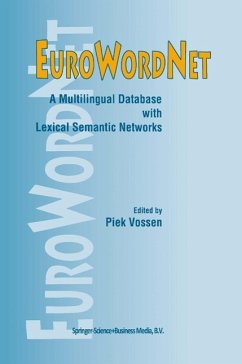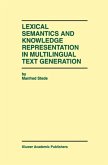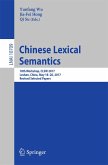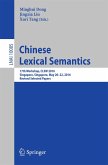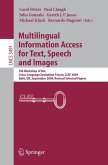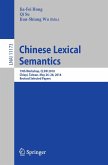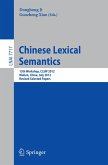This book describes the main objective of EuroWordNet, which is the building of a multilingual database with lexical semantic networks or wordnets for several European languages. Each wordnet in the database represents a language-specific structure due to the unique lexicalization of concepts in languages. The concepts are inter-linked via a separate Inter-Lingual-Index, where equivalent concepts across languages should share the same index item. The flexible multilingual design of the database makes it possible to compare the lexicalizations and semantic structures, revealing answers to fundamental linguistic and philosophical questions which could never be answered before. How consistent are lexical semantic networks across languages, what are the language-specific differences of these networks, is there a language-universal ontology, how much information can be shared across languages? First attempts to answer these questions are given in the form of a set of shared or common Base Concepts that has been derived from the separate wordnets and their classification by a language-neutral top-ontology. These Base Concepts play a fundamental role in several wordnets. Nevertheless, the database may also serve many practical needs with respect to (cross-language) information retrieval, machine translation tools, language generation tools and language learning tools, which are discussed in the final chapter. The book offers an excellent introduction to the EuroWordNet project for scholars in the field and raises many issues that set the directions for further research in semantics and knowledge engineering.
Dieser Download kann aus rechtlichen Gründen nur mit Rechnungsadresse in A, B, BG, CY, CZ, D, DK, EW, E, FIN, F, GR, HR, H, IRL, I, LT, L, LR, M, NL, PL, P, R, S, SLO, SK ausgeliefert werden.
`[...]EuroWordNet is an essential resource for any research groups planning versions of WordNet for their own languages. With effort, they will find pragmatic solutions to most of the problems they are likely to encounter, and I would cdertainly recommend it to that specialist audience.'
Natural Language Engineering, 9:4 (2003)
Natural Language Engineering, 9:4 (2003)
`[...]EuroWordNet is an essential resource for any research groups planning versions of WordNet for their own languages. With effort, they will find pragmatic solutions to most of the problems they are likely to encounter, and I would cdertainly recommend it to that specialist audience.'
Natural Language Engineering, 9:4 (2003)
Natural Language Engineering, 9:4 (2003)

